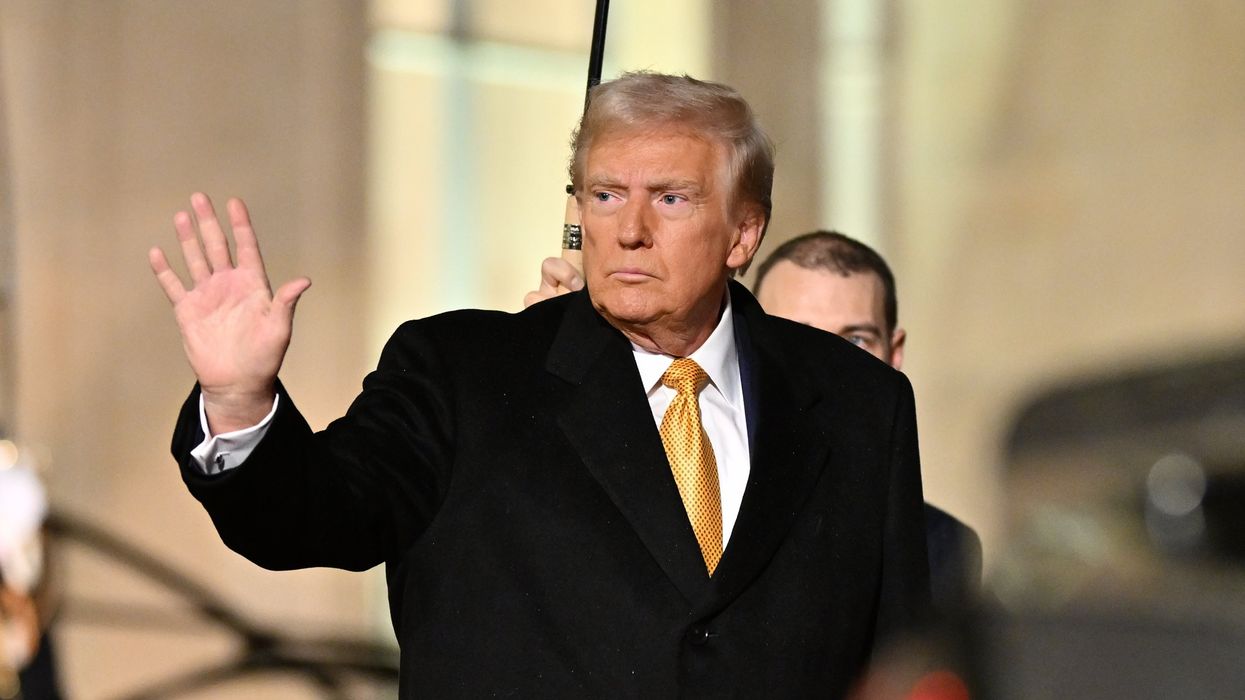In his first week as a federal judge, Murray Gurfein was assigned the biggest case of his life.
He’d just been nominated to the Southern District of New York by President Richard Nixon in April 1971, and confirmed by the Senate in May when the Pentagon Papers case landed on his desk.
Nixon had told Assistant Attorney General William Rehnquist to order the New York Times and the Washington Post to stop publication of the damaging report that revealed previous administrations’ attempts to cover up their losing efforts in the Vietnam War.
Both papers refused, so Nixon sought an injunction to keep the papers from publishing.
But Gurfein, despite being appointed by Nixon just weeks earlier, declined, writing: “The security of the Nation is not at the ramparts alone. Security also lies in the value of our free institutions. A cantankerous press, an obstinate press, a ubiquitous press must be suffered by those in authority to preserve the even greater values of freedom of expression and the right of the people to know.”
Nixon, of course, would appeal Gurfein’s decision, and before the Supreme Court could hear the case, 15 other newspapers received copies of the report and published it, with the idea that the only way to uphold the First Amendment and protect the right to publish…was to publish.
In June, the Post and the Times won their case in the Supreme Court, and Nixon’s attempt at chilling the press failed — but only because the newspapers refused to capitulate.
Fast-forward half a century, and it feels like the courage the press showed then was all for naught.
An incoming President Donald Trump has already inflicted a Nixonian choke hold on the press, and before he’s even been sworn into office.
He sued ABC News and George Stephanopoulos for defamation, claiming that he was inaccurately described as having been found liable for “rape,” instead of “sexual assault” by a civil jury — a distinction even the judge in the case said was meaningless.
He’s suing Bob Woodward and Simon & Schuster for $49 million for publishing audio tapes of interviews Trump gave in 2019 and 2020.
He’s suing CBS News for a “60 Minutes” interview with Vice President Kamala Harris in which Trump argues CBS deceptively edited it to make her appear “coherent and decisive.”
And this week, he sued the Des Moines Register and pollster Ann Selzer for a poll that showed him losing in a state that he ended up winning by 13 points.
Now, to be clear, none of these are good cases for Trump.
Misusing legal terms, as Stephanopoulos did, isn’t defamation. Publishing tapes of an interview you agreed to isn’t illegal. Nor is editing interviews like “60 Minutes” did. And bad polls that don’t come true are not a valid basis for a lawsuit.
All of these entities should rest soundly and confidently knowing the First Amendment protects them from Trump’s authoritarian impulses.
But one has already surrendered. ABC settled with Trump to the tune of $15 million, and, adding insult to injury, agreed to publish a groveling apology note on behalf of the news outlet and Stephanopoulos.
Why would a company like Disney, which owns ABC and has the best lawyers money can buy, agree to give away $15 million on a case it most certainly would have won?
Corporate greed and spinelessness.
As The Bulwark’s Jonathan V. Last put it:
“I’d bet the milk money that Bob Iger — the CEO of Disney and one of the most important corporate executives in America — made the final call on settling with Trump. Because this is a decision that affects the entire corporation’s relationship to the federal government.
And while it might be against the interest of ABC News to sell out its journalists, it’s very much in the interest of the Walt Disney Company to be on good terms with a president who is open about punishing his enemies and rewarding his friends.”
It’s gross, but not surprising, that a giant conglomerate like Disney would want to do favors for an incoming administration that’s threatening to punish its enemies. But it’s downright disgusting that one that owns a news outlet would wholly surrender to baseless threats against press freedom, while throwing good journalists under the bus in the process.
Even though Trump likely knows these lawsuits are without merit, for him the process is the punishment. And with ABC’s capitulation, he’ll be emboldened to do it again and again.
“We have to straighten out the press,” he said. “Our press is very corrupt, almost as corrupt as our elections.”
Of course, just like our elections, the press is not corrupt. But if others surrender, the press will have been corrupted — by Trump himself.
So to those in Trump’s crosshairs, currently or in the future, remember the words of Judge Gurfein:
“A cantankerous press, an obstinate press, a ubiquitous press must be suffered by those in authority to preserve the even greater values of freedom of expression and the right of the people to know.”
(S.E. Cupp is the host of "S.E. Cupp Unfiltered" on CNN.)




















Trump & Hegseth gave Mark Kelly a huge 2028 gift